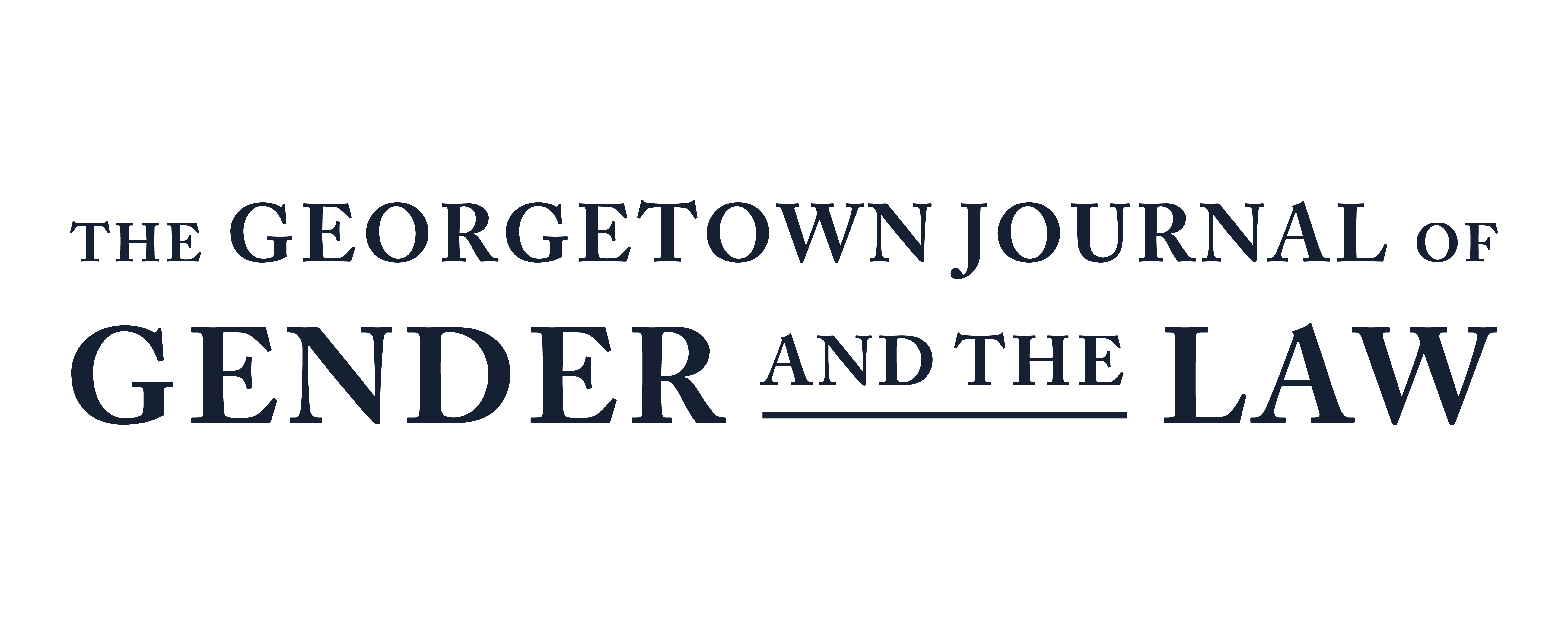Freedom of Expressive Association
According to the United States (U.S.) Supreme Court, “[t]he Constitution guarantees freedom of association . . . [to be] . . . an indispensable means of preserving other individual liberties.” The right of expressive association secures both the “right to associate for the purpose of engaging in those activities protected by the First Amendment—speech, assembly, petition for the redress of grievances, and the exercise of religion” —and a “commensurate right to choose with whom one will not associate.” Thus, the Supreme Court safeguards an organization’s exclusion of certain individuals from membership (for example, members of the lesbian, gay, bisexual, and transgender (LGBT) community) as a means of expressive association. This causes tension with public accommodations laws designed to ensure equal access to non-public forums, and organizational policies that exclude members based on their sexual orientation. To decide if a public accommodations law violates the constitutional freedom of expressive association, the Court evaluates whether the presence of a person protected by the public accommodations law “affects, in a significant way, the group’s ability to advocate public or private viewpoints.”
This Article examines how the Court applies this standard. Part II articulates the doctrine of expressive association by tracing its development through three major cases involving public accommodations laws. Part III explores the application of modern expressive association law to for-profit businesses that discriminate against certain customers based on their sexual orientation. Finally, Part IV discusses the development of expressive association jurisprudence in cases where public schools with non-discrimination policies declined to officially recognize religious student groups that excluded members based on their religious beliefs or sexual orientation.
Freedom of Expressive Association
